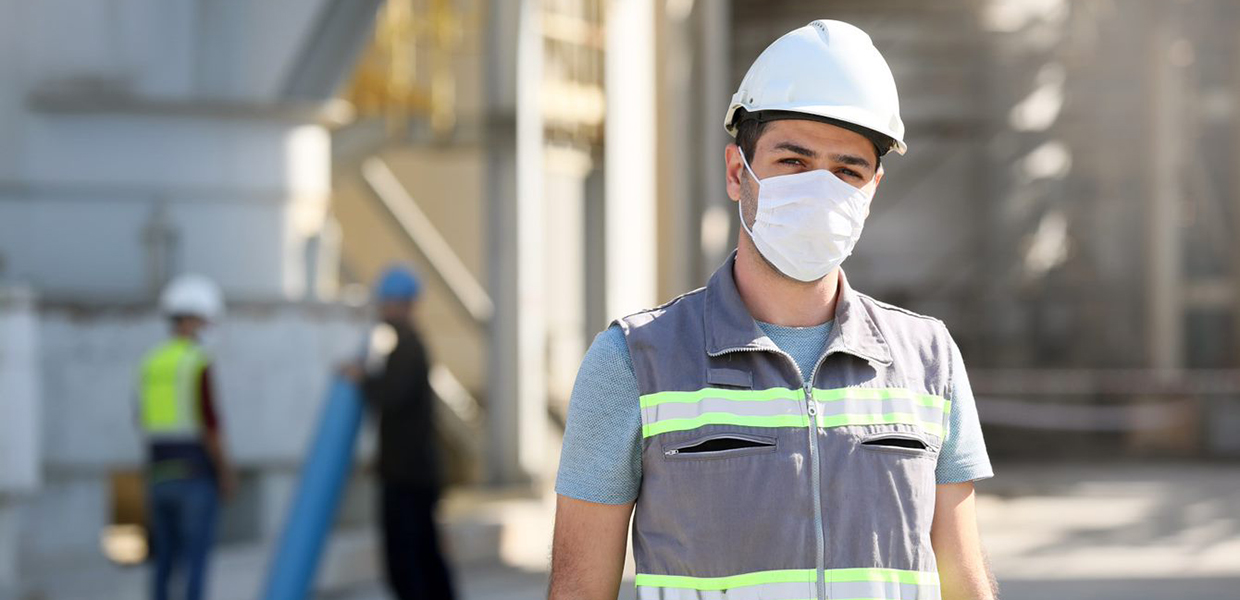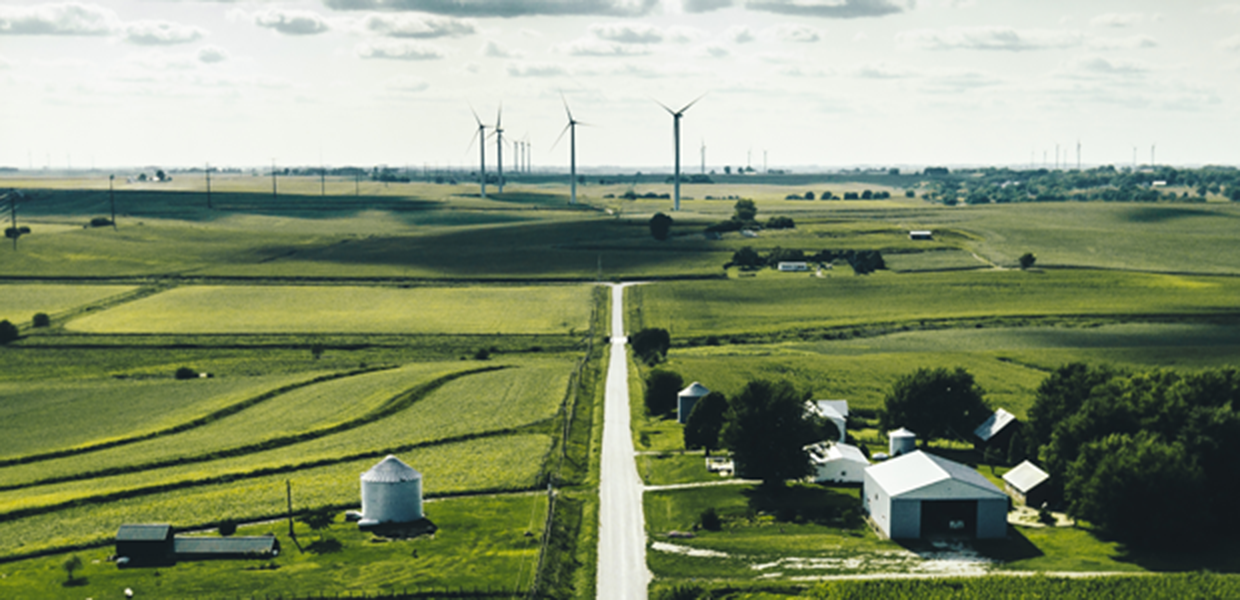More than ever, businesses in the construction industry are looking at ways to transition towards more sustainable solutions. To help navigate this developing need, DLL’s asset finance team shares three top trends that construction businesses need to know to finance the equipment they need and work towards environmental goals.
1. Used equipment is booming
As most people in the construction sector know, delivery times for new construction equipment and vehicles continue to be delayed following the disruptions of the COVID-19 pandemic and supply chain challenges. Typically, lead times can be up to one year.
Businesses already partnering with DLL to lease equipment, when faced with these delays, can extend contracts on existing equipment while they wait for new machines. This has sustainability benefits, as it keeps equipment in service longer.
Yet with so many construction projects going on, many companies have a need to add additional equipment to their fleet and are increasingly considering used equipment to fill this void, where previously they may have bought new.
Many manufacturers will refurbish and provide ‘certified’ or ‘approved’ used equipment that is available now. This helps overcome delays, keeping operations running, while also helping businesses to reduce their environmental impact and achieve sustainability targets.
Some of the end-users DLL works with are taking this approach very seriously and are even investing in facilities to refurbish their own equipment and keep it in use. Giving trucks a second life (or third, or fourth) helps ensure viable equipment doesn’t go to waste.
However, where businesses are looking to lease used equipment from a third party, DLL can help here too. With extensive global asset knowledge, DLL can finance assets through the full lifecycle, including used equipment. Working with construction equipment OEMs (Original Equipment Manufacturers) and dealers, DLL creates tailored finance solutions based on data on the value of the equipment in the market, and changes to the prices of new equipment.
In addition, DLL can arrange refurbishment and re-marketing of assets at the end of the lease to help ensure that usable equipment doesn’t go to scrap. This includes used equipment powered by electricity, which, in the past, companies may have found harder to sell on.
As the market changes, DLL works to ensure it is positioned to remarket used equipment to buyers in most countries across the world via our global footprint.
2.Equipment is going electric
As sustainability rises higher on the agenda, increasingly driven by new regulations, businesses are exploring electric construction equipment solutions to assist them to reduce their emissions.
DLL has already seen this transition in the materials handling industry, where large fleets of lead-acid and lithium-ion battery powered equipment are now common. It is expected that the construction market will follow a similar path.
However, the upfront costs of electric equipment can be higher than ICE (internal combustion engine) counterparts. In cities where diesel equipment will soon be forbidden on construction sites, replacing an entire fleet will be an expensive, but necessary, change. Therefore, to make the move to electric, the construction industry may see particular benefit in shifting from owning to leasing construction equipment.
Partnership with DLL makes switching to electric assets attainable. DLL is working directly with equipment and battery manufacturers to understand the technologies involved and develop bespoke finance solutions with attractive monthly payments, making the transition from diesel or LPG (liquified petroleum gas) to electric equipment more affordable.
Businesses also have flexibility within their operating leases to extend them as needed, maximizing the usable life of the equipment, and helping reduce the total cost of operation in the long term.
However, electrification does not end on the construction site. It is expected that future legislation will require businesses to reduce emissions across their whole business. DLL has solutions in place to support this change, helping to finance the equipment itself, as well as the electric vehicles that transport this equipment, and other necessary assets such as batteries and charging infrastructure.
The move towards reducing emissions is also growing demand for carbon emission offset solutions for traditional diesel-powered equipment. DLL can support manufacturers to offer carbon offset programs to their customers.
3.Digitalization in construction
Labor shortages in the construction sector are increasingly driving businesses to consider the role that digitalization and automation could play in their operations.
In construction materials production, automated materials handling equipment is already starting to play a part. Likewise, construction equipment manufacturers are looking to the automotive industry as an example of how automated factories, machine learning, and AI (Artificial Intelligence) may improve production processes.
While fully autonomous vehicles are rare in construction applications, businesses are finding new ways to integrate technologies to help improve efficiencies in the manufacture of materials. For example, equipment is available for foundry applications, where the operator can be based outside of the hot operating area and control the machine remotely to improve efficiency.
Digitalization has already started to penetrate construction businesses. Telematics solutions provide enhanced connectivity that enables data to be shared that helps to manage fleets more effectively. Advanced onboard diagnostic systems also help provide visibility of any issues, automatically flagging this information to the business and their servicing company to streamline maintenance and repair operations.
While the exact path towards automation and digitalization in construction is not yet set, DLL has relationships with the key manufacturers in this space and continues to invest in exploring these new opportunities. At the same time, DLL is experienced at providing customized finance solutions to support the adoption of these technologies across other industries. This expertise will make DLL an invaluable partner in offering flexible finance solutions, such as autonomous equipment, which may be hard to finance elsewhere.
Finance sustainable change with DLL
Whichever trend is affecting your business most right now, experts from DLL can provide insight and solutions. Get in touch to discuss your requirements.


